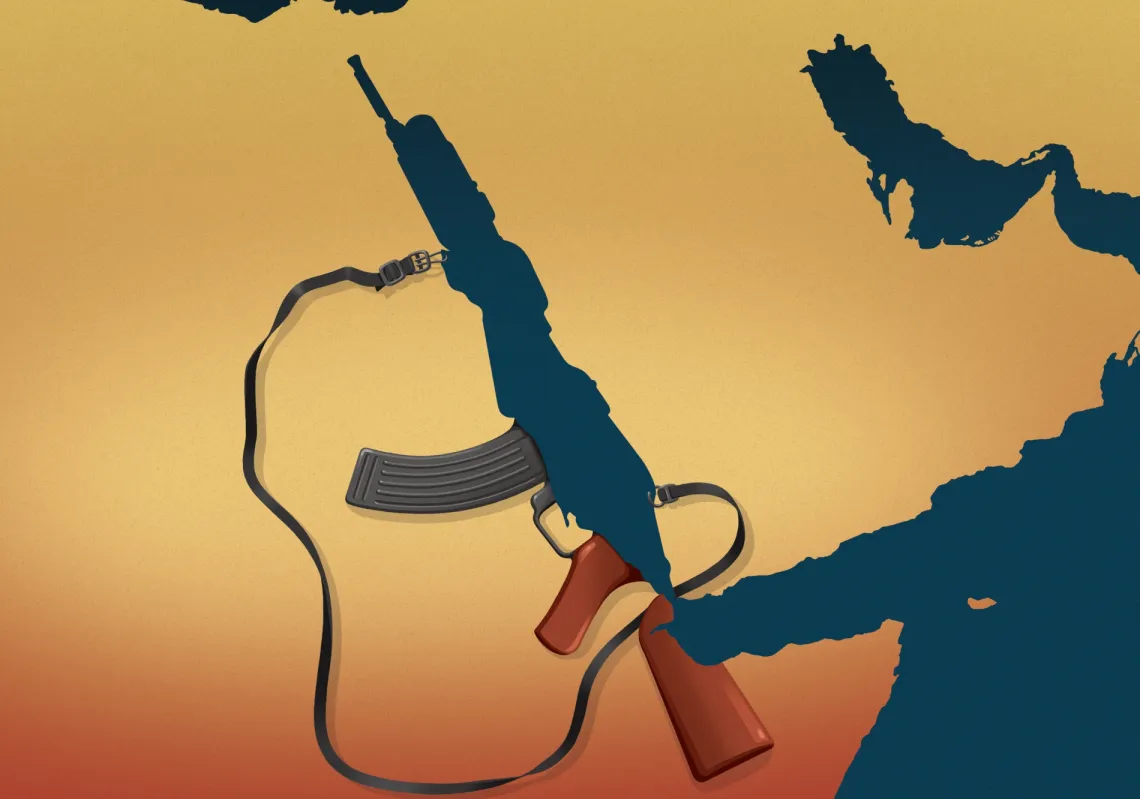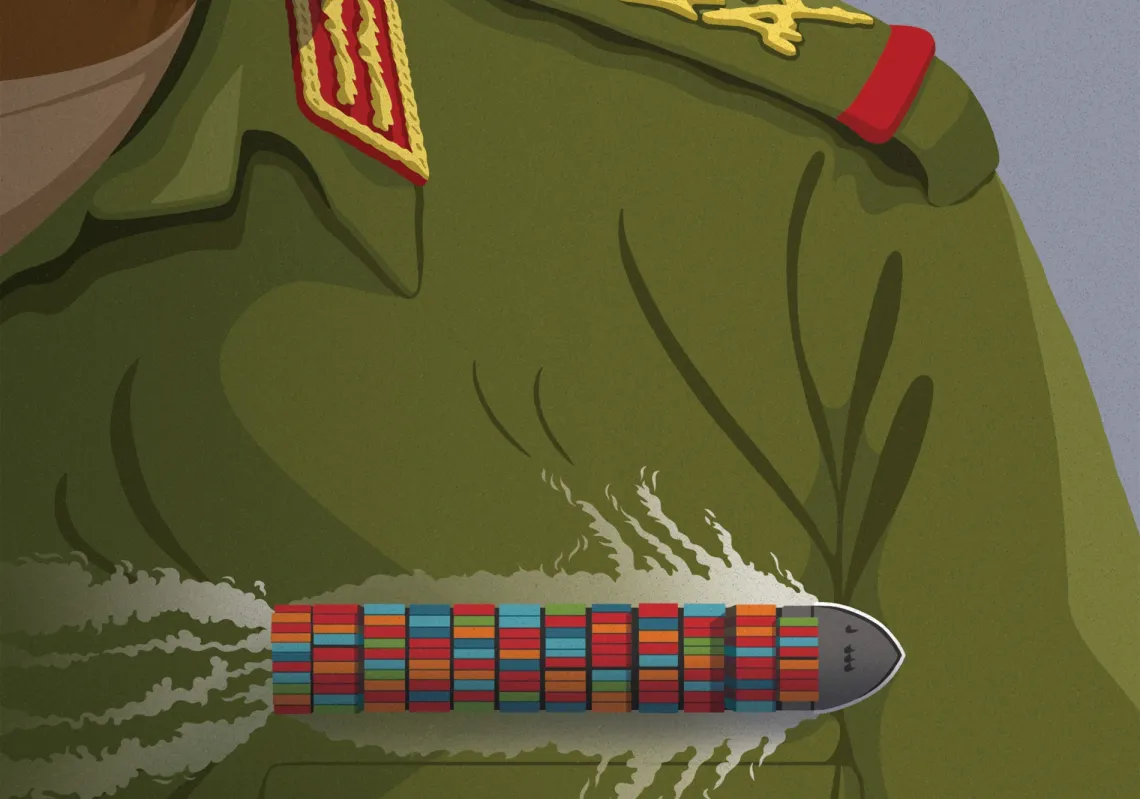Across the Red Sea and the Horn of Africa, crises do not unfold in isolation as maps might imply. They intertwine, feed off one another, and reveal a single, multi-layered rupture stretching from Yemen to Somalia and Sudan. This is a geography that grants no margin for error and leaves little space for institutional voids. There, global trade moves through narrow maritime arteries, and military installations intersect with the ambitions of major powers.
Against this backdrop, the erosion of state authority becomes a peril that extends far beyond domestic borders. Its effects travel from ports to sea lanes, from unsettled terrain to uneasy waters, reinforcing a principle long rooted in strategic thinking: the stability of the sea rises from stability on land. It also underscores the need for regional cohesion to prevent crises from boiling over.
Rivalry in the Horn of Africa is the cover story of Al Majalla’s February issue, which marks the magazine’s third year since its relaunch and its 46th anniversary since its founding. We explore this intricate landscape from every angle, posing the pressing question: Is the Red Sea moving toward an ordered space governed by capable states or toward a grey zone edging toward disorder?


















